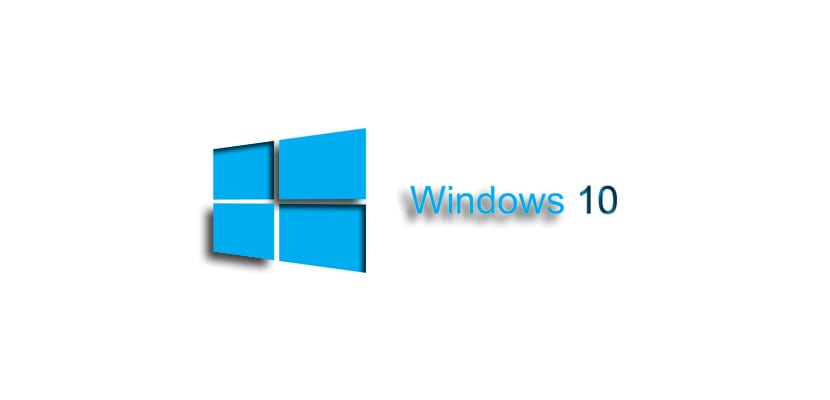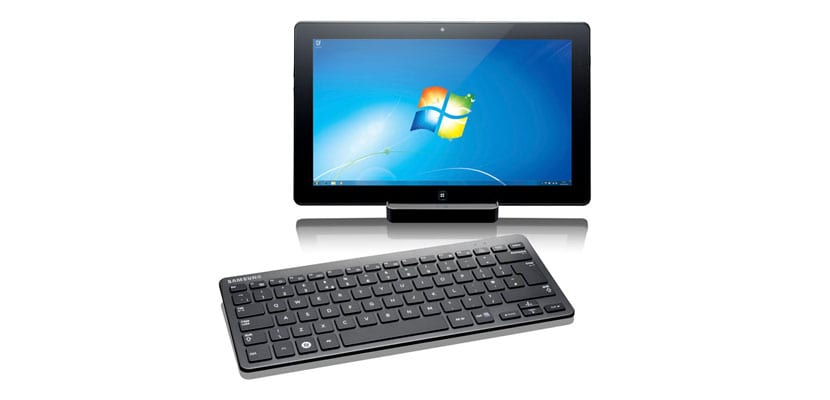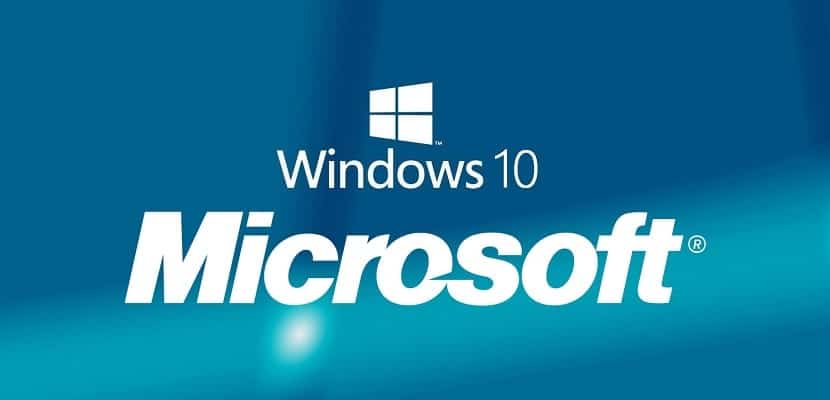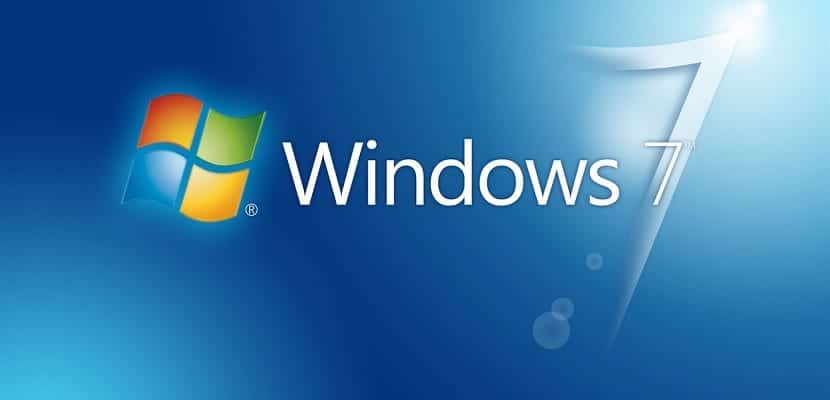
Microsoft has already officially announced that on July 29 the period to be able to update the new one for free will be finalized. Windows 10. This possibility is available from the day the new operating system hit the market, for all users who have Windows 7 or Windows 8.1 installed.
Although there have already been millions of users who have benefited from this possibility, there are still many who are reluctant to make the leap to the new Windows 10. To make things a little easier for you and give you some necessary information today we are going to give you 5 reasons why you shouldn't upgrade to Windows 10 before July 29, as much as the update is free and praised by almost everyone.
Before starting, I want to make it clear that we do not want to criticize Microsoft or the new Windows 10 with this article, but if we make it clear that like many users have reasons to update their computer, there are many others who have reasons not to do so . Speaking in the first person, I myself have decided to update my work computer to Windows 10, but nevertheless my personal computer that I use for my entertainment I have not updated it, at least for the moment, due to some of the reasons we are going to take a look right below.
Your computer does not meet the minimum requirements

Windows 10 is an operating system that does not need too many requirements, but it does need some that unfortunately are not present in all the devices that we have in our house. Any user who wants to install the new Microsoft operating system on their computer you must have at least 20 GB of hard drive storage space to install the 64-bit version and 16 GB for the 32-bit one.
As for the processor, it must have at least a speed of 1 GHz and associated a RAM of 2 GB for the 64-bit version and 1 GB for the 32-bit version. As for the video card, it must have DirectX 9 capability.
These are the main requirements that our computer must have to be able to update it to Windows 10 and that above all it works in the most correct way and without giving us any problems. If your device does not meet these requirements, you already have the first reason, of great weight, not to update to the new software of the Redmond-based company.
You don't want anyone to force you to do anything
Microsoft is trying to get the majority of users who currently use Windows 7 or Windows 8.1 to upgrade to the new Windows 10, in a way that is often close to reasonable. With these pressures from the Redmond many users have felt pressured and forced to do something that they do not need or do not want to update.
Windows 10 is a great operating system, powerful and with a renewed design, but if someone forces you to upgrade to this operating system in many different ways, it may stop being interesting, and end up convincing the user that no matter how good it is. Whether the new software needs to be updated.
If you use old or obsolete peripherals

Peripherals have been a problem since Windows 10 was released on the market And although today most manufacturers of this type of device have been updating the drivers to make them compatible with the new operating system, there are still some who have not done so and will not do so.
If you use an old peripheral, which you have grown fond of and do not want to stop using, you should not update to Windows 10 because it is very possible that you can be left without being able to use it. Another interesting possibility is that you update to check the proper functioning of the peripherals and in the event that they do not work you can always return to Windows 7 or Windows 8.1 without too much problem from the Windows 10 control panel.
You like your current Windows

People are, as they say, animals of habit, and many users do not like changes at all. Switching from Windows 7 or Windows 8.1 to a new Windows could be something we can't get used to or we don't want to. This may be reason enough to decide not to make the jump to the new Windows 10.
If, for example, you do not use your computer too much, and you are already very used to it, perhaps making the leap to the new Redmond operating system may disconcert you and not be of much use to you. Of course, in this specific case our recommendation is that you jump to Windows 10 because sooner or later you will have to do the good thing, as in this case it is the new Microsoft software, you will end up getting used to it very quickly.
You are concerned about privacy

Windows 10, like most of the operating systems currently on the market, leaves our privacy somewhat touched. And it is that for example it sends automatic feedback to Microsoft, allocates part of the bandwidth of your device for its P2P update service or incorporates ads to our Start menu. All these options can be deactivated, but they are activated natively, endangering our privacy.
Many users do not care exactly the same, but many others worry a lot. Windows 10 collects much more data than for example Windows 7 or Windows 8, so if you are very jealous of your privacy, this may be a more than compelling reason not to update your computer to the new Redmond operating system.
There are only a few days left to be able to update to Windows 10 for free and there are still many users who have not updated our or our computers to the new software. If we have any questions, the time has come to think calmly if we want to make the move to the new Windows or stay where we are. Today we have shown you some reasons not to do it, not too many, although in the next few days we will show you some to take the step and that we already anticipate that there will be many more than those we have reviewed today.
Have you decided to no longer upgrade to the new Windows 10 for free?. Tell us your reasons in the space reserved for comments on this post or through one of the social networks where we are present.
I have not updated nor will I ever. Either Microsoft rectifies and stops minimalist-crappy bullshit or I'll just stick with Windows 7 until it bursts.